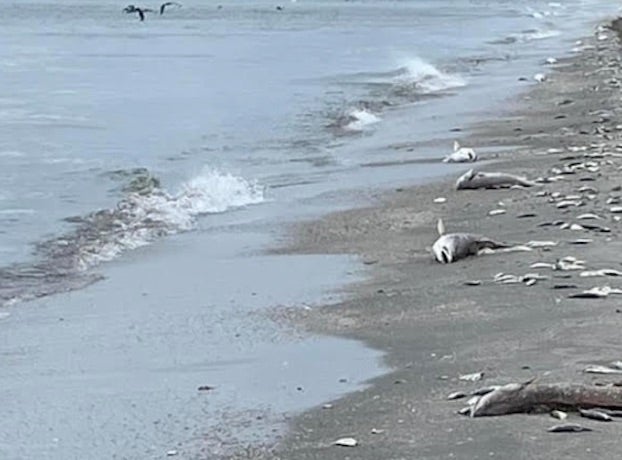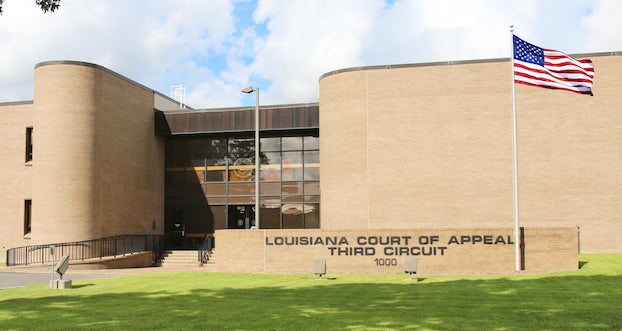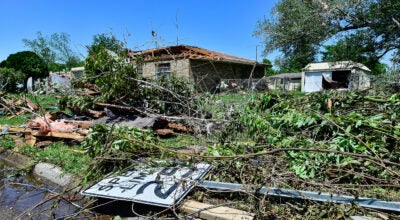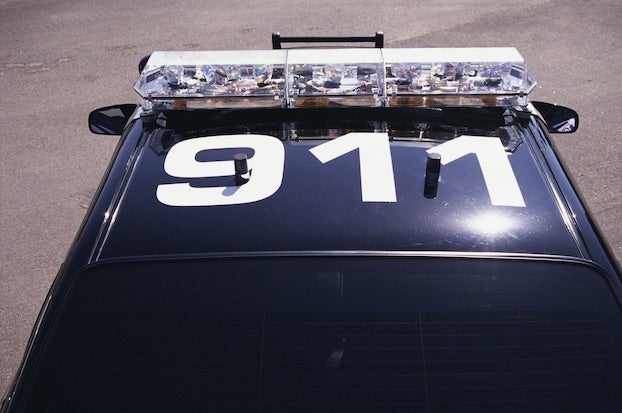Louisiana officials seek to push menhaden fishing boats 1 mile offshore after dead fish wash up
Published 10:42 am Monday, October 9, 2023

- (Photo courtesy of the Louisiana Fishing Report)
Louisiana officials are proposing that boats fishing for menhaden must be at least 1 mile offshore after boats spilled an estimated 850,000 of the small fish on Cameron Parish beaches in September.
The Louisiana Department of Wildlife and Fisheries proposed the rule Thursday.
Now, boats must only be a quarter of a mile offshore, except around Grand Isle and two other islands.
The new rule would continue to require a 3-mile distance off Grand Isle and impose a 3-mile distance off Rutherford Beach and Holly Beach in Cameron Parish.
The rule comes after boats fishing for two menhaden processing companies suffered torn nets three times in mid-September, spilling fish on the beaches.
Menhaden, also called pogies or mossbunker, are processed into pet food, Omega 3 fish oil pills, other dietary supplements, and even used in cosmetics. They are the most commonly harvested commercial species in the Gulf of Mexico, but also a key prey for other fish and birds.
State Sen. Jeremy Stine, a Lake Charles Republican, had called for a larger buffer zone, noting Louisiana was the only Gulf Coast state with a zone of less than a mile. Anglers had argued the boats were harming spawning grounds for redfish, a valued recreational species.
Ocean Harvesters, which runs fishing boats for Omega Protein and Westbank Fisheries, said it’s testing stronger nets to reduce spills, as well as vessels that can be used to recapture floating dead fish. The company notes contractors cleaned up the mess within days.
The rule also calls for any cleanup effort to start within 12 hours and for any spilled fish or nets to be picked up within 48 hours.
David Cresson, executive director of the Louisiana chapter of the Coastal Conservation Association, a recreational fishing lobby, told the television station that he believed repeated spills prompted the action.
“It’s still a very reasonable buffer, in which the industry can operate, that provides the protections for our shoreline, where we won’t see the same sorts of problems we saw a few weeks ago in Cameron Parish,” Cresson said. “We can have some balance that’s been long overdue.”





